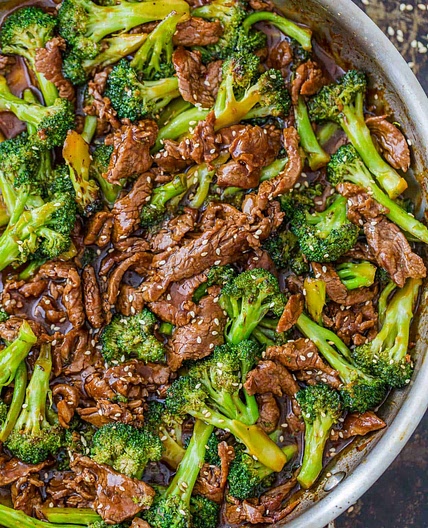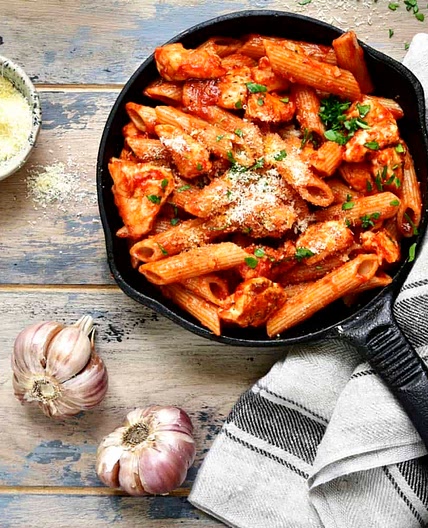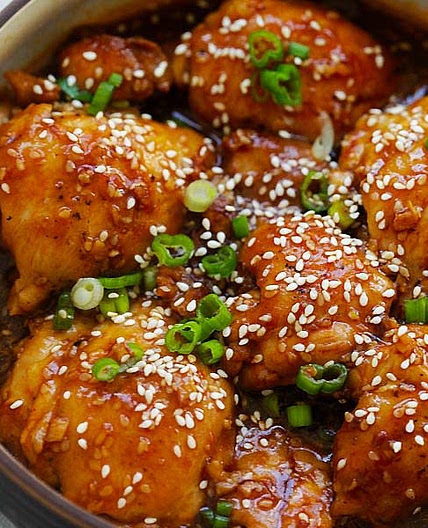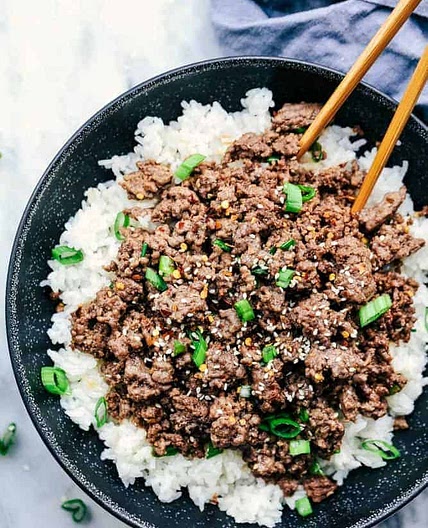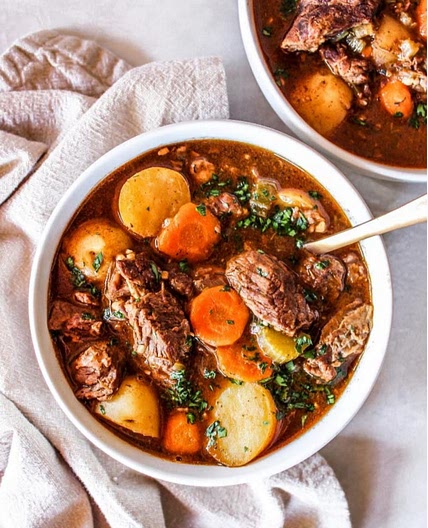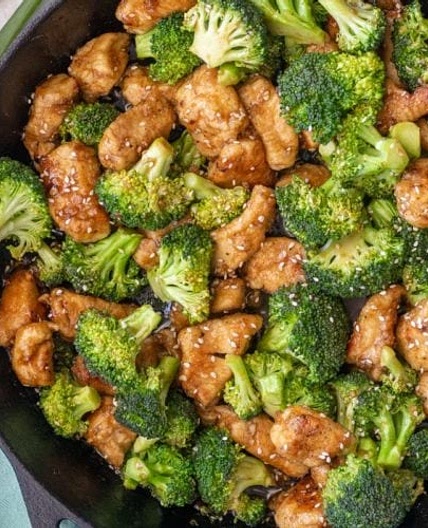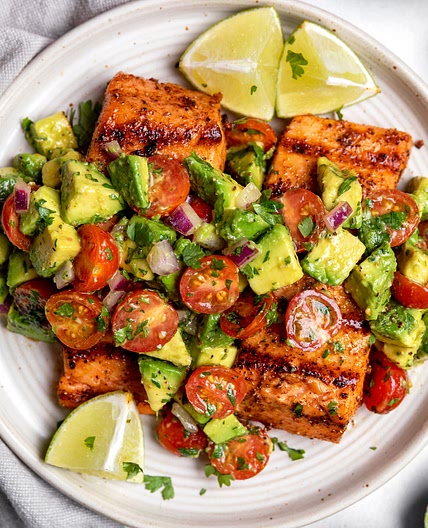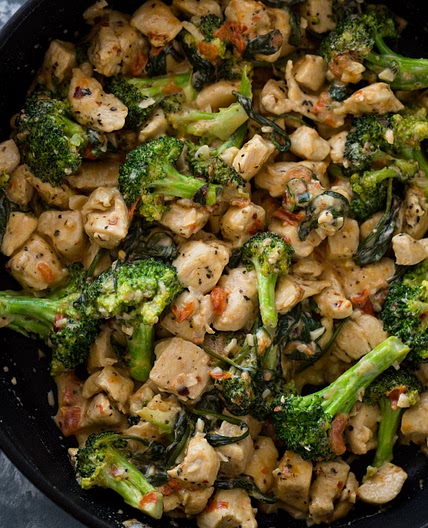Oil
 Pantry
PantryOil is a staple kitchen ingredient, and chances are you have more than just one type of oil in your pantry. From olive oil to avocado oil, cooking oils come in many different varieties. Oil is a liquid fat, although some types like coconut oil may also be solid at room temperature. Mostly, they’re derived from plants. Different cooking oils contain different fats—some healthy, some unhealthy. Certain oils may even contain both. Common fats found in cooking oils include unhealthy fats, like saturated fat and trans fat, and healthy fats, like monounsaturated fats and polyunsaturated fats. When it comes to cooking oil, not all oils are created equal. Aside from an oil’s fat content, another thing to consider when deciding which oil to use is its smoke point—the point at which the oil starts to smoke at high heat. When oil heats past its smoke point, it begins to break down and releases free radicals, which can have negative health effects, and acrolein, a chemical that produces an unpleasant burnt taste. Olive oil is a healthier oil made from crushed olive fruit and pits. It is both flavorful and fragrant. May be unrefined “extra virgin” olive oil, refined “light” olive oil, or a mix of both. Light olive oil is better for high-heat cooking, like sauteing and roasting, whereas extra virgin olive oil is best as a finishing oil or mixed into dressings. Vegetable oil is a neutral-tasting oil made from a blend of vegetables like soybean and corn. Because of this, it’s difficult to know how much healthy and unhealthy fats it contains. It has a medium-high smoke point making it useful for sauteing, stir-frying, grilling, and baking. Canola oil is a type of vegetable oil made from rapeseed plants with a neutral flavor. It contains more healthy fats than unhealthy fats, making it a heart-healthy oil. Its high smoke point means it’s good for frying, sauteing, and baking. Refined coconut oil has a neutral flavor and a high smoke point. Unrefined or “virgin” coconut oil has a stronger coconut flavor and lower smoke point. It is best for baking, but it is also high in unhealthy saturated fats. If you’re looking for healthy oils to cook with, extra virgin olive oil and canola oil are your best bets. Oils are an essential ingredient for all types of cooking, but not every oil is the right oil for the job—or the healthiest.
Oil nutrition and vitamin info per 100g
| Energy | 886 | kcal |
| Total Fat | 100 | g |
| Carbohydrate Total | 0 | g |
| Sugars | 0 | g |
| Protein | 0 | g |
| Sodium | 0 | mg |
| Fiber | 0 | g |
10000+ recipes to cook with Oil
Next PageOil substitutes
- Regular substitute
Oil equivalents and varieties
Oil cooking tips
 Samsung Food
Samsung FoodIf oil smells like metal, crayons or sour it's probably gone rancid.
